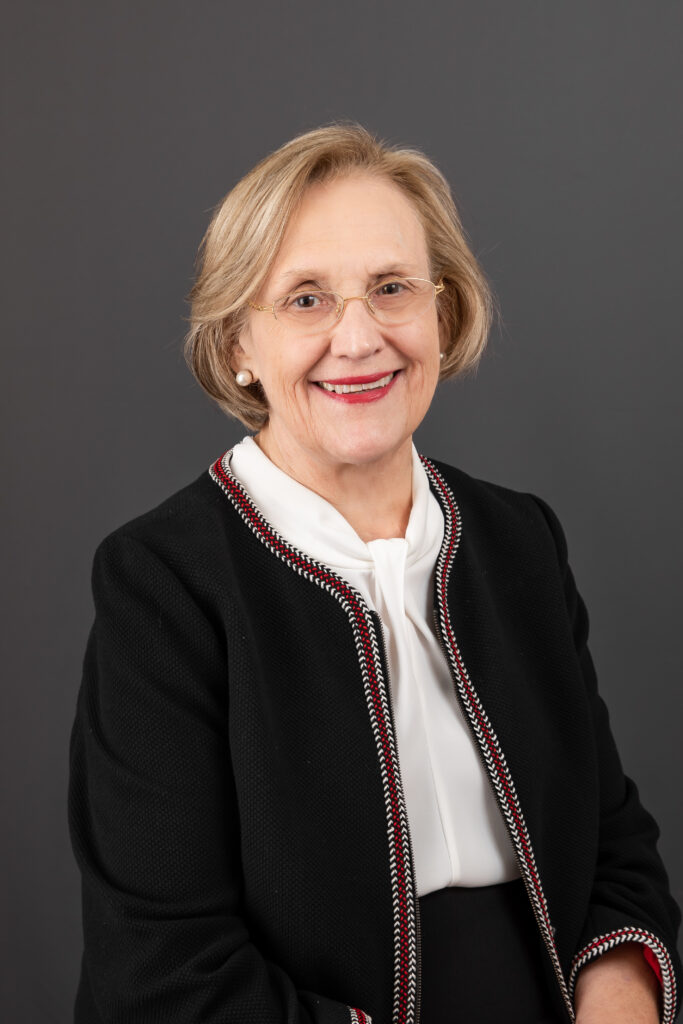
ATLANTA – A coalition of mental health and substance abuse organizations is pushing for Georgia to do something about the state’s dismal status as 51st in the nation in access to mental health care.
The Georgia Mental Health Policy Partnership and Substance Use Disorder Community Monday unveiled a “unified vision” for how to improve mental health and substance abuse care.
The coalition is asking Gov. Brian Kemp and the General Assembly to make a series of policy changes taking advantage of $170 million in federal coronavirus relief funding allocated to Georgia since last year.
“The unified vision sets out a transformational roadmap that will significantly improve the lives of Georgians with mental health and substance abuse disorders,” Jeff Breedlove, chief of communications and policy for the Georgia Council on Substance Abuse, said during a news conference at the state Capitol.
Improving mental health and substance abuse services has been on state elected officials’ radar screens for several years. In 2019, Kemp formed a commission of state lawmakers, health-care professionals, mental-health advocates and criminal-justice officials to address the issue.
This year, the General Assembly unanimously passed legislation aimed at increasing the delivery of care via telemedicine. Among other things, the bill prohibits requiring patients to receive in-person medical consultation before getting telemedicine services and prohibits separate insurance deductibles for telemedicine care.
The measure was sponsored by Rep. Sharon Cooper, R-Marietta, chairman of the House Health and Human Services Committee, who has written two textbooks on psychiatric nursing. Cooper said Monday her late mother and sister have suffered from mental illness.
“I understand what it’s like to be a family member trying to help someone who’s having a problem in this area,” she said.
The coalition’s unified vision makes a series of recommendations, including addressing a severe shortage of mental health care workers and improving access to mental health care by improving broadband service.
“If we’ve learned anything from COVID-19 … that public health emergency has underscored the need for high-speed broadband connectivity, particularly in rural Georgia,” said Kim Jones, executive director of the National Alliance on Mental Illness Georgia chapter.
The coalition also is recommending that the state put greater emphasis on early identification of people suffering mental illness or substance abuse issues and require insurance companies to treat patients with mental illness the same as those with a physical illness.
State Rep. Gregg Kennard, D-Lawrenceville, said another step will be finding ways to treat Georgians suffering from mental illness or substance abuse without throwing them in jail.
“The biggest mental health provider in our state is the prison system,” he said. “We need to turn that ship around.”
Jones said the coalition will push for comprehensive legislation addressing its recommendations during this winter’s General Assembly session.
